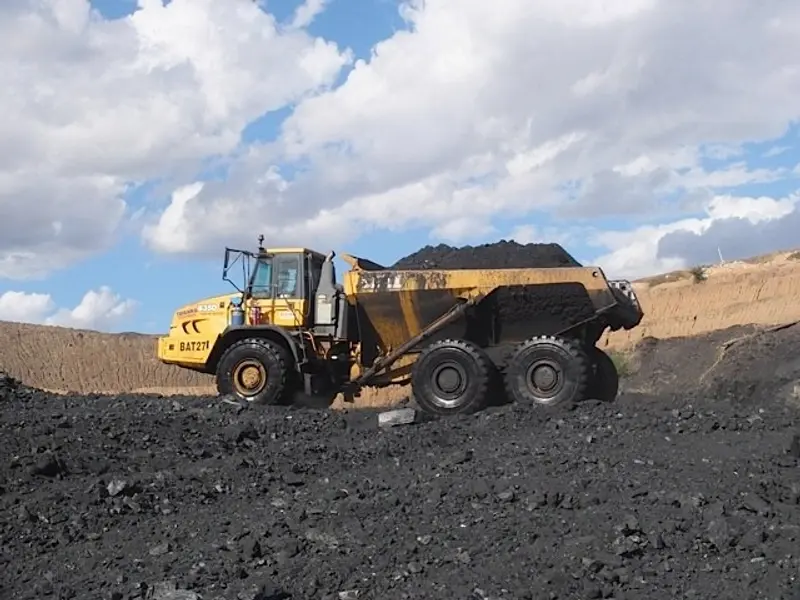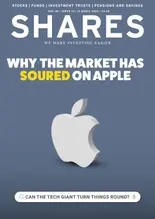
A lease agreement to secure rolling stock for transporting coal by rail has rejuvenated shares in Mozambique-based miner Beacon Hill Resources (BHR:AIM), rising 44% to 4p (1 Feb). Yet investors are still left waiting on the edge of their seats for news that could move the share price a lot further. The company needs permission to use the rail line otherwise production will be limited by how much coal it can transport by road to a port for export.
Infrastructure is the biggest challenge for bulk commodity miners. It doesn't matter how much material a company has in the ground; the make or break of the company will be dictated by its ability to transport the material to the end-user. Mozambique is home to some of the world's largest untapped coal deposits but it has so far proved disappointing in terms of value generation for coal miners.
Rio Tinto (RIO) highlighted this problem last month when it laid out the problems dogging its coal operations in the country. It has abandoned plans to barge coal from its mines to the Zambezi river after failing to get the necessary state approvals. Rio has written down the value of its Mozambique coal operations by $3 billion and they are now rumoured to be up for sale.
This is a remarkably different outcome than one would have expected two years ago when Rio paid $4 billion for Riversdale Mining. Rio now admits that it overestimated the quality and quantity of coal in Mozambique, particularly metallurgical (coking) coal. This is the raw material used in steel production and which sells at a significant premium to thermal coal, the product used for power generation.
Rio's huge investment in Mozambique is one of the reasons why Beacon Hill attracted significant investor interest a few years ago. Although its Tete asset was small, it was one of the few mines already in production. Beacon Hill also offers the prospect of significant exploration upside through its attractive land holding in the coal industry's hottest postcode.
At the peak of this investor interest in the region came severe floods in Australia. Mines were severely disrupted, thereby restricting coal supplies from one of the world's biggest producing regions. Coal prices soared; so too did the value of coal mining equities including Beacon Hill.
This set the bar too high in terms of market expectations. Investors saw that the stock had hit 20p (Jan '11) in the wake of the floods and presumed this would be the level at which it should trade in the future, as a bare minimum. They were sorely disappointed when the shares soon plummeted back towards the 10p level and refused to rally once more as the global coal supply problems were resolved.
Beacon Hill then went through a difficult phase where it tested investors' patience with complicated fund raising initiatives, a declining coal price and problems with acquiring new projects.
The small cap miner has been planning for several years to use the Sena railing to transport coking coal 580 kilometres to the port of Beira but has still to secure allocation. It initially wants the right to move 500,000 tonnes of coal per year on the line. Securing rolling stock is a pre-requisite for getting rail allocation, which explains why the shares enjoyed a bump on the news. Beacon Hill reckons it can switch from truck to rail in the third quarter of this year.
It is fair to say that action by new management appears to be working. Beacon Hill executive chairman Justin Lewis was replaced late last year by Rowan Karstel under the role of management director. Unlike Lewis who had a background in investment banking, Karstel has extensive coal mining industry experience with 20 years working for the likes of BHP Billiton (BLT), Xstrata (XTA) and Glencore (GLEN)-owned Optimum Coal. Chief operating officer Peter Wilson was also pushed out.
There remains significant risks, principally that securing rail allocation will be determined by a third party and that more money will need to be raised. Beacon Hill is likely to raise money on the back of any rally linked with securing the rail access.




